From cultural and interpersonal challenges on the outside to internal conflicts and self-perception issues, the struggle is real when it comes to never-ending gay frustration.
What Gay Frustration Looks Like
Frustration often happens when something gets in the way or blocks us from what we want, like love, acceptance, connection, or success . How does frustration play out when you're gay?
External-Based Frustrations
Culture, society, religion, and government institutions are often at odds with the goals and desires of the LGBTQ+ community and can be a contributing factor toward systemic, ongoing frustration as a whole. Laws, stereotypes, prejudice, and discrimination are an ever-present source of angst running in the background.
The emotional toll of feeling judged, evaluated, dismissed, rejected, or even threatened by an external standard is exhausting.
Some ways that externally-influenced frustrations show up include:
- Strained family dynamics, interpersonal relationships, and friendships
- Stalled professional growth, economic disparity, or potential for job loss
- Lack of civil rights protections or constantly having them questioned
- Hypervigilance over safety concerns
- Religious guilt, condemnation, or exclusion
- Constant pressure to conform to socially accepted norms
Internal-Based Frustrations
A number of issues may contribute toward a gnawing and constant feeling of frustration on the inside, many of which have roots in self-perceptions:
- Confidence struggles over attractiveness, how to approach men for dates or friendships, or whether you're good enough for success in anything because of this "gay flaw"
- Social anxiety related to overthinking or ruminating over how you look to other guys in social situations and scenarios online or in person
- Conflicting beliefs, including internalized homophobia. Feeling torn over your identity, attractions, or expectations
- Feeling ignorant about all the unspoken gay do's and don'ts and not having a clear roadmap to follow
Disempowering Methods of Coping with Gay Frustration
Disempowering or negative forms of coping may take different forms—from blowing a whole day on the couching streaming movies to spending hours and hours scrolling apps for porn or hookups to lost weekends of drinking. Following are a few common but negative ways to deal with frustration.
Avoidance
Checking out, withdrawing, or procrastinating, can be means of avoiding feelings you don't like, such as sadness, anxiety, or loneliness.
Substances
The drive to cope with pain and frustration can lead some to turn to substances— alcohol, drugs, and in certain instances, even food—to take the edge off their frustration or regulate unpleasant emotions.
Aggression
When frustration reaches its tipping point, some gay men may resort to aggressive forms of behavior to "fight back" or cope:
- Hitting, shoving, and other physical forms of aggression
- Sarcasm, passive-aggressiveness, verbal abuse, or threats
- Ranting, baiting, trolling on apps, social media, or online venues
Why Negative Coping Methods are Appealing
If it's "bad" for you, why does it feel so good? Following are few reasons why disempowered forms of coping are so easy to lean on.
Instant Relief
Negative forms of coping offer a quick escape from distressing emotions or situations. Whether dulling the pain loneliness with alcohol or creating a feeling of power and control by picking someone apart on social media, minimal effort is required to achieve the desired result.
Familiarity
The saying, "Better the devil you know than the devil you don't," speaks well to the rationale behind sticking with bad or oftentimes even destructive forms of coping with frustration. There's comfort in the known, especially if it works (temporarily, at least) and anything beyond what's familiar can feel scary.
Normalization
Some forms of coping are considered socially acceptable. Drinking is a popular escape for good reason. It's easy to slip under the radar for a long time without anyone even knowing there's a distressing issue beneath the surface driving it.
More Empowering Ways to Deal with Gay Frustration
Setting Goals
Goals are an effective way to channel frustration into something productive and empowering, providing a sense of purpose, direction, and agency in something that might otherwise feel meaningless.
Having pulled myself out of a lot of funks, I can say one thing that got me to the other side a lot of times was believing there was something better waiting for me. Instead of re-living the same frustrations, I found that setting goals provided a means to alleviating the pain of my frustrations: hope.
Contribution
Finding ways to contribute to the greater good is another strategy for dealing with frustration. Taking the focus away from your problems and instead using it to help the wellbeing others is a powerful way to dilute the potency of frustration in your life.
One year I decided to work on bringing more people together to foster a better sense of community. I faced my own feelings of shame, fear, and insecurity to host monthly dinner parties.
In helping others feel belonging I found it myself through making new friends and deepening existing relationships.
Improving Self Awareness
Developing self awareness is a great way to work through frustration. Understanding the kinds of frustrations that trigger you and why can improve your ability to think more clearly when distressing emotions attempt to take over.
Some methods I regularly use to improve self awareness are journaling, meditation, and talking things out with my therapist. Rather than a quick fix, these help me build resilience over time, helping me develop patience and creating a framework to understand my relationship with the things that frustrate me. For example, dating, connection, and interpersonal communication.
Conclusion & Takeaways
Dealing with gay frustration is challenging, complex, and multi-faceted. Sources of frustration for gay men include societal, cultural, and interpersonal challenges, as well as inner conflicts and self-perception issues.
Ongoing gay frustrations can lead to compromises in health, wellbeing, and interpersonal relationships through negative forms of coping. While these may provide a quick fix to painful feelings and situations, the long-term consequences are often undesirable.
Rather than using short-term fixes to alleviate uncomfortable feelings and issues, constructive methods of dealing with frustration can build resilience over the long run, creating a better sense of empowerment and personal agency.
Disclaimer: The information and perspectives shared in my posts, articles, and videos are based on my personal experiences and reflections. I am not a licensed therapist, counselor, or medical professional, and this content should not be considered a substitute for professional advice. If you are experiencing distress, depression, or mental health challenges, please reach out to a qualified professional who can provide the help you need. For immediate support, contact a mental health provider or, if you are in crisis, please call the Suicide & Crisis Lifeline at 988 (available in the U.S.) or your local emergency number.

